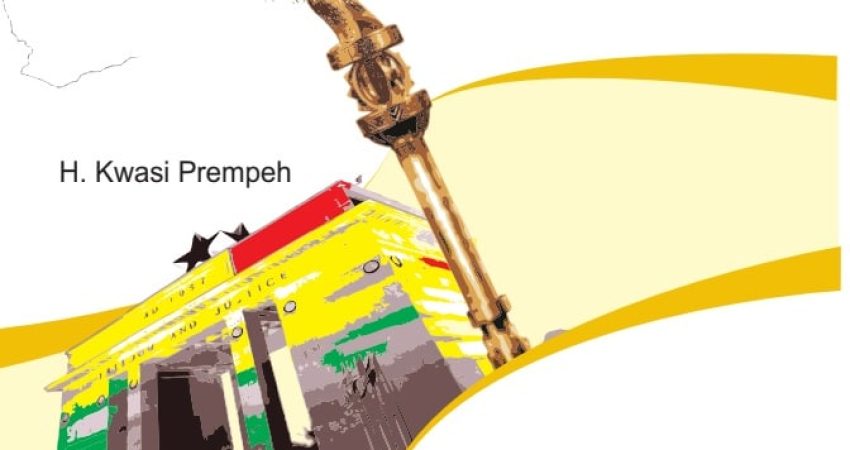Ghana’s remarkable progress in the area of democracy has not been matched by similar progress in constitutionalism. The distinction is a significant one. Democracy and constitutionalism are not synonymous with one another, although they work best as a complementary pair. With democracy, we are concerned with the question “Who ought to exercise the public power?” Democracy answers that question in favor of the citizens as a whole, and provides safeguards and mechanisms to protect the right of the people to elect periodically the government of their choosing. Constitutionalism has a different focus.
The issue that lies at the heart of constitutionalism is not “who shall rule”, but “what the limits on the exercise of power should be, regardless of who rules.” Thus, while democracy confers power and legitimacy on government, constitutionalism is concerned with regulating and disciplining the government’s exercise of its power. If the periodic election is democracy’s main event, constitutionalism, concerned as it is with regulating the uses and abuses of power, assumes overriding importance in the period between elections, that is, after the high drama of elections is over. In that regard, constitutionalism may be said to take off where democracy leaves off.
